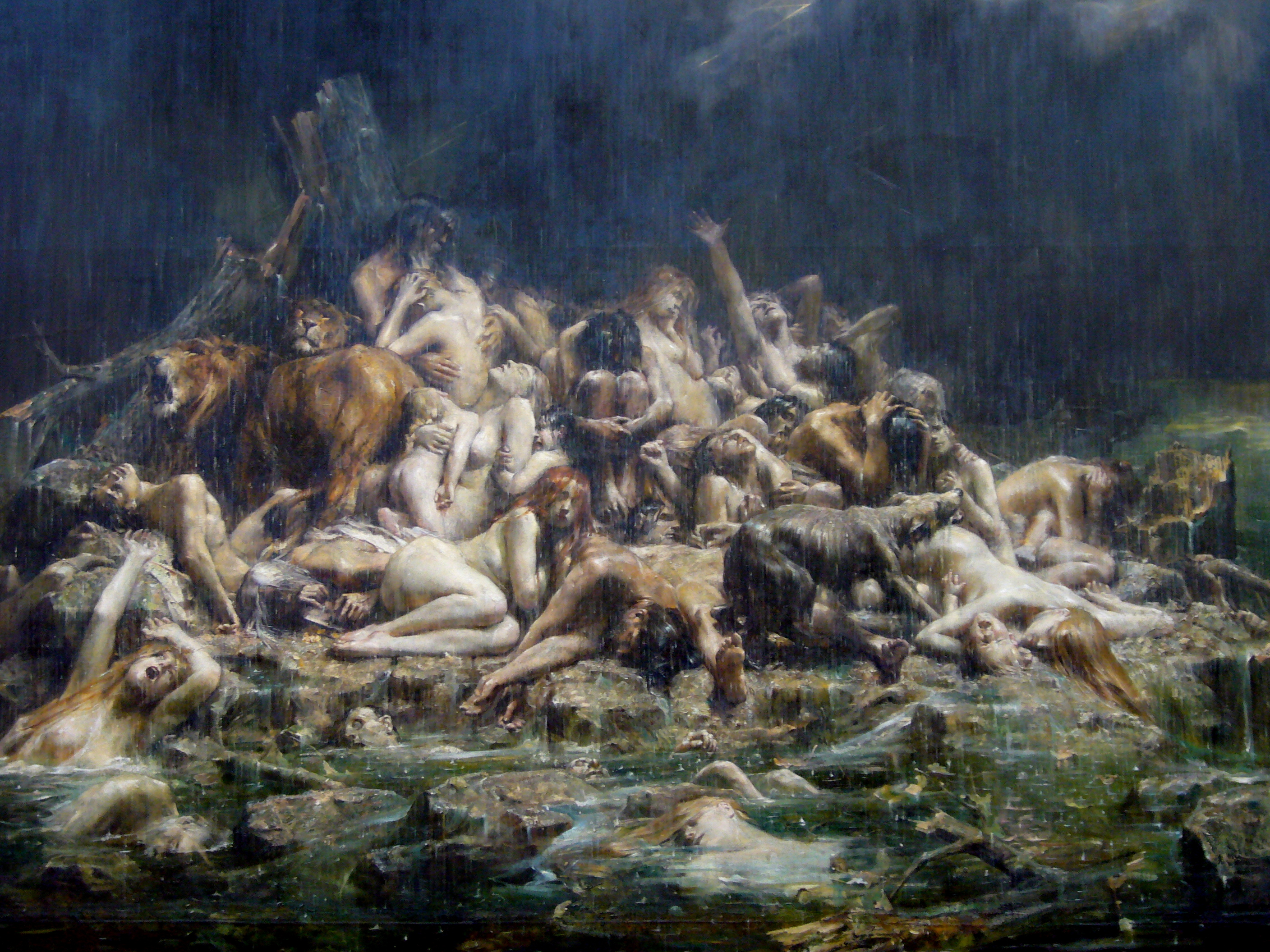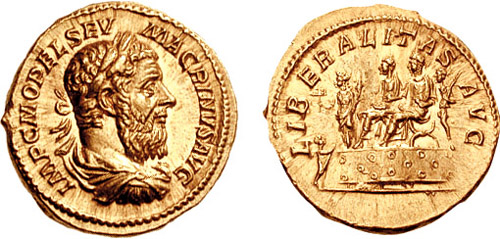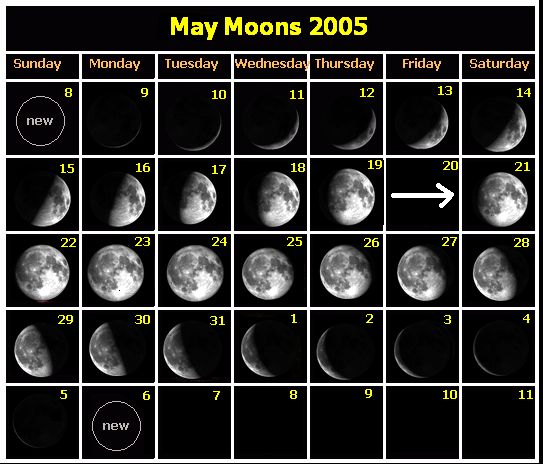|
Nannacus
In Greek mythology, Nannacus (also Annacus; ancient Greek: Νάννακος, Άννακός) was a legendary king of Phrygia before the Flood of Deucalion. His city was Iconium in modern Turkey. Flood prediction Nannacus himself had predicted the Flood and had organized public prayers to avert this disaster. These prayers were accompanied by lamentations and from this came the proverbial phrase "weep like Nannacus" (ancient Greek: τα Ναννάκου κλαϋσομαι). The earliest attestation of this proverb is from the third century BC. According to Stephanus of Byzantium, Nannacus lived three hundred years. - Suda On Line - www.cs.uky.edu There was an oracle that said that when Nannacus died, all his people would perish. Indeed, ... [...More Info...] [...Related Items...] OR: [Wikipedia] [Google] [Baidu] |
Ancient Greek Flood Myths
Greek mythology describes various great floods throughout ancient history. Differing sources refer to the flood of Ogyges, the flood of Deucalion, and the flood of Dardanus, though often with similar or even contradictory details. Like most flood myths, these stories often involve themes of divine retribution, the savior of a culture hero, and the birth of a nation or nations. In addition to these floods, Greek mythology also says the world was periodically destroyed by fire, such as in the myth of Phaëton. Sources Plato makes reference to great floods in several of his dialogues, including ''Timaeus'', ''Critias'', and ''Laws''. In ''Timaeus'' (22) and in ''Critias'' (111–112) he describes the "great deluge of all", specifying the one survived by Deucalion and Pyrrha, as having been preceded by 9,000 years of history before the time of Solon, during the 10th millennium BCE. In ''Laws'', Book III,Plato, Laws, Book III677a/ref> argues that a great flood had occurred ten tho ... [...More Info...] [...Related Items...] OR: [Wikipedia] [Google] [Baidu] |
Phrygia
In classical antiquity, Phrygia ( ; grc, Φρυγία, ''Phrygía'' ) was a kingdom in the west central part of Anatolia, in what is now Asian Turkey, centered on the Sangarios River. After its conquest, it became a region of the great empires of the time. Stories of the heroic age of Greek mythology tell of several legendary Phrygian kings: * Gordias, whose Gordian Knot would later be cut by Alexander the Great * Midas, who turned whatever he touched to gold * Mygdon, who warred with the Amazons According to Homer's ''Iliad'', the Phrygians participated in the Trojan War as close allies of the Trojans, fighting against the Achaeans. Phrygian power reached its peak in the late 8th century BC under another, historical, king Midas, who dominated most of western and central Anatolia and rivaled Assyria and Urartu for power in eastern Anatolia. This later Midas was, however, also the last independent king of Phrygia before Cimmerians sacked the Phrygian capital, Go ... [...More Info...] [...Related Items...] OR: [Wikipedia] [Google] [Baidu] |
Phrygians
The Phrygians (Greek: Φρύγες, ''Phruges'' or ''Phryges'') were an ancient Indo-European speaking people, who inhabited central-western Anatolia (modern-day Turkey) in antiquity. They were related to the Greeks. Ancient Greek authors used "Phrygian" as an umbrella term to describe a vast ethno-cultural complex located mainly in the central areas of Anatolia rather than a name of a single "tribe" or "people", and its ethno-linguistic homogeneity is debatable. Phrygians were initially dwelling in the southern Balkans – according to Herodotus – under the name of Bryges (Briges), changing it to Phryges after their final migration to Anatolia, via the Hellespont. However, the Balkan origins of the Phrygians are debated by modern scholars. Phrygia developed an advanced Bronze Age culture. The earliest traditions of Greek music are in part connected to Phrygian music, transmitted through the Greek colonies in Anatolia, especially the Phrygian mode, which was consi ... [...More Info...] [...Related Items...] OR: [Wikipedia] [Google] [Baidu] |
Greek Mythology
A major branch of classical mythology, Greek mythology is the body of myths originally told by the Ancient Greece, ancient Greeks, and a genre of Ancient Greek folklore. These stories concern the Cosmogony, origin and Cosmology#Metaphysical cosmology, nature of the world, the lives and activities of List of Greek mythological figures, deities, Greek hero cult, heroes, and List of Greek mythological creatures, mythological creatures, and the origins and significance of the ancient Greeks' own cult (religious practice), cult and ritual practices. Modern scholars study the myths to shed light on the religious and political institutions of ancient Greece, and to better understand the nature of myth-making itself. The Greek myths were initially propagated in an oral tradition, oral-poetic tradition most likely by Minoan civilization, Minoan and Mycenaean Greece, Mycenaean singers starting in the 18th century BC; eventually the myths of the heroes of the Trojan War and its after ... [...More Info...] [...Related Items...] OR: [Wikipedia] [Google] [Baidu] |
Kings Of Phrygia
Kings or King's may refer to: *Monarchs: The sovereign heads of states and/or nations, with the male being kings *One of several works known as the "Book of Kings": **The Books of Kings part of the Bible, divided into two parts **The ''Shahnameh'', an 11th-century epic Persian poem **The Morgan Bible, a French medieval picture Bible **The Pararaton, a 16th-century Javanese history of southeast Asia *The plural of any king Business * Kings Family Restaurants, a chain of restaurants in Pennsylvania and Ohio * Kings Food Markets, a chain supermarket in northern New Jersey * King's Favourites, a brand of cigarettes *King's Variety Store, a chain of stores in the USA * King's (defunct discount store), a defunct chain of discount stores in the USA Education *King's College (other), various colleges * King's School (other), various schools * The King's Academy (other), various academies Electoral districts * King's (New Brunswick electoral district) (1867� ... [...More Info...] [...Related Items...] OR: [Wikipedia] [Google] [Baidu] |
Genesis Flood Narrative
The Genesis flood narrative (chapters 6–9 of the Book of Genesis) is the Hebrew version of the universal flood myth. It tells of God's decision to return the universe to its pre- creation state of watery chaos and remake it through the microcosm of Noah's ark. The Book of Genesis was probably composed around the 5th century BCE, although some scholars believe that Primeval history (chapters 1–11), including the flood narrative, may have been composed and added as late as the 3rd century BCE. It draws on two sources, called the Priestly source and the non-Priestly or Yahwist, and although many of its details are contradictory, the story forms a unified whole. A global flood as described in this myth is inconsistent with the physical findings of geology, paleontology, and the global distribution of species. A branch of creationism known as flood geology is a pseudoscientific attempt to argue that such a global flood actually occurred. Some Christians have preferred to int ... [...More Info...] [...Related Items...] OR: [Wikipedia] [Google] [Baidu] |
Enoch
Enoch () ''Henṓkh''; ar, أَخْنُوخ ', Qur'ān.html"_;"title="ommonly_in_Qur'ān">ommonly_in_Qur'ānic_literature__'_is_a_biblical_figure_and_Patriarchs_(Bible).html" "title="Qur'ānic_literature.html" ;"title="Qur'ān.html" ;"title="ommonly in Qur'ān">ommonly in Qur'ānic literature">Qur'ān.html" ;"title="ommonly in Qur'ān">ommonly in Qur'ānic literature ' is a biblical figure and Patriarchs (Bible)">patriarch prior to Noah's flood, and the son of Jared (biblical figure), Jared and father of Methuselah. He was of the Antediluvian period in the Hebrew Bible. The text of the Book of Genesis says Enoch lived 365 years before he was taken by God. The text reads that Enoch "walked with God: and he was no more; for God took him" (), which is interpreted as Enoch's entering heaven alive in some Jewish and Christian traditions, and interpreted differently in others. Enoch is the subject of many Jewish and Christian traditions. He was considered the author of the Book of ... [...More Info...] [...Related Items...] OR: [Wikipedia] [Google] [Baidu] |
Noah
Noah ''Nukh''; am, ኖህ, ''Noḥ''; ar, نُوح '; grc, Νῶε ''Nôe'' () is the tenth and last of the pre-Flood patriarchs in the traditions of Abrahamic religions. His story appears in the Hebrew Bible (Book of Genesis, chapters 5–9), the Quran and Baha'i writings. Noah is referenced in various other books of the Bible, including the New Testament, and in associated deuterocanonical books. The Genesis flood narrative is among the best-known stories of the Bible. In this account, Noah labored faithfully to build the Ark at God's command, ultimately saving not only his own family, but mankind itself and all land animals, from extinction during the Flood. Afterwards, God made a covenant with Noah and promised never again to destroy all the Earth's creatures with a flood. Noah is also portrayed as a "tiller of the soil" and as a drinker of wine. Biblical narrative Tenth and final of the pre-Flood (antediluvian) Patriarchs, son to Lamech and an unnamed mother, Noa ... [...More Info...] [...Related Items...] OR: [Wikipedia] [Google] [Baidu] |
Philip The Arab
Philip the Arab ( la, Marcus Julius Philippus "Arabs"; 204 – September 249) was Roman emperor from 244 to 249. He was born in Aurantis, Arabia, in a city situated in modern-day Syria. After the death of Gordian III in February 244, Philip, who had been Praetorian prefect, achieved power. He quickly negotiated peace with the Persian Sassanid Empire and returned to Rome to be confirmed by the Senate. During his reign, the city of Rome celebrated its millennium. Philip was betrayed and killed at the Battle of Verona in September 249 following a rebellion led by his successor, Gaius Messius Quintus Decius. Philip's reign of five years was uncommonly stable in a turbulent third century. During the late 3rd century and into the 4th, it was held by some churchmen that Philip had been the first Christian emperor; he was described as such in Jerome's ''Chronicon'' (''Chronicle''), which was well known during the Middle Ages, in Orosius' highly popular ''Historia Adversus Paganos ... [...More Info...] [...Related Items...] OR: [Wikipedia] [Google] [Baidu] |
Macrinus
Marcus Opellius Macrinus (; – June 218) was Roman emperor from April 217 to June 218, reigning jointly with his young son Diadumenianus. As a member of the equestrian class, he became the first emperor who did not hail from the senatorial class and also the first emperor who never visited Rome during his reign. Before becoming emperor, Macrinus served under Emperor Caracalla as a praetorian prefect and dealt with Rome's civil affairs. He later conspired against Caracalla and had him murdered in a bid to protect his own life, succeeding him as emperor. Macrinus was proclaimed emperor of Rome by 11 April 217 while in the eastern provinces of the empire and was subsequently confirmed as such by the Senate; however, for the duration of his reign, he never had the opportunity to return to Rome. His predecessor's policies had left Rome's coffers empty and the empire at war with several kingdoms, including Parthia, Armenia and Dacia. As emperor, Macrinus first attempted to enact ... [...More Info...] [...Related Items...] OR: [Wikipedia] [Google] [Baidu] |
James Frazer
Sir James George Frazer (; 1 January 1854 – 7 May 1941) was a Scottish social anthropologist and folklorist influential in the early stages of the modern studies of mythology and comparative religion. Personal life He was born on 1 January 1854 in Glasgow, Scotland, the son of Katherine Brown and Daniel F. Frazer, a chemist. Frazer attended school at Springfield Academy and Larchfield Academy in Helensburgh. He studied at the University of Glasgow and Trinity College, Cambridge, where he graduated with honours in classics (his dissertation was published years later as ''The Growth of Plato's Ideal Theory'') and remained a Classics Fellow all his life. From Trinity, he went on to study law at the Middle Temple, but never practised. Four times elected to Trinity's Title Alpha Fellowship, he was associated with the college for most of his life, except for the year 1907–1908, spent at the University of Liverpool. He was knighted in 1914, and a public lectureship in social ... [...More Info...] [...Related Items...] OR: [Wikipedia] [Google] [Baidu] |
Asia Minor
Anatolia, tr, Anadolu Yarımadası), and the Anatolian plateau, also known as Asia Minor, is a large peninsula in Western Asia and the westernmost protrusion of the Asian continent. It constitutes the major part of modern-day Turkey. The region is bounded by the Turkish Straits to the northwest, the Black Sea to the north, the Armenian Highlands to the east, the Mediterranean Sea to the south, and the Aegean Sea to the west. The Sea of Marmara forms a connection between the Black and Aegean seas through the Bosporus and Dardanelles straits and separates Anatolia from Thrace on the Balkan peninsula of Southeast Europe. The eastern border of Anatolia has been held to be a line between the Gulf of Alexandretta and the Black Sea, bounded by the Armenian Highlands to the east and Mesopotamia to the southeast. By this definition Anatolia comprises approximately the western two-thirds of the Asian part of Turkey. Today, Anatolia is sometimes considered to be synonymous with Asia ... [...More Info...] [...Related Items...] OR: [Wikipedia] [Google] [Baidu] |
_(14786963093).jpg)







